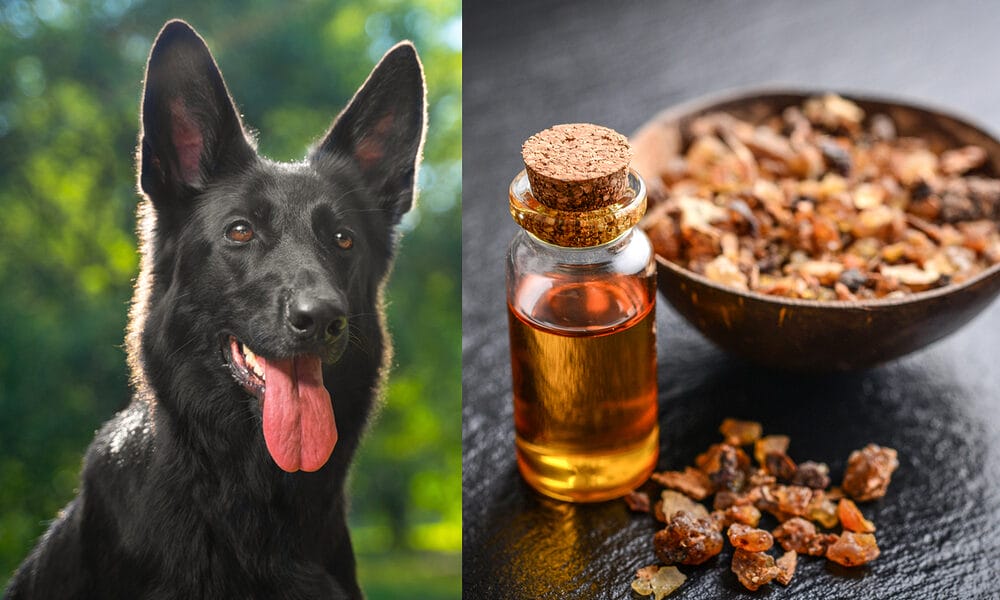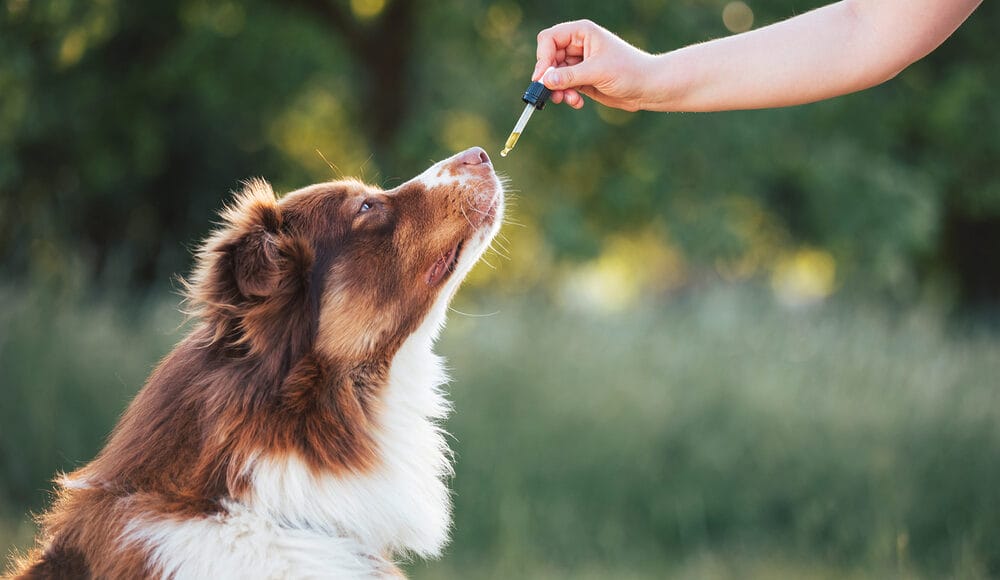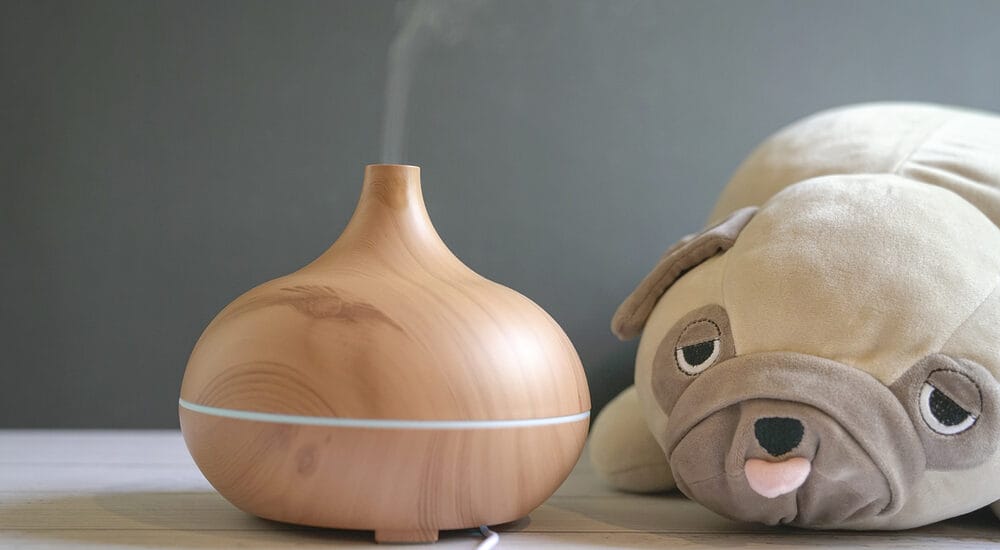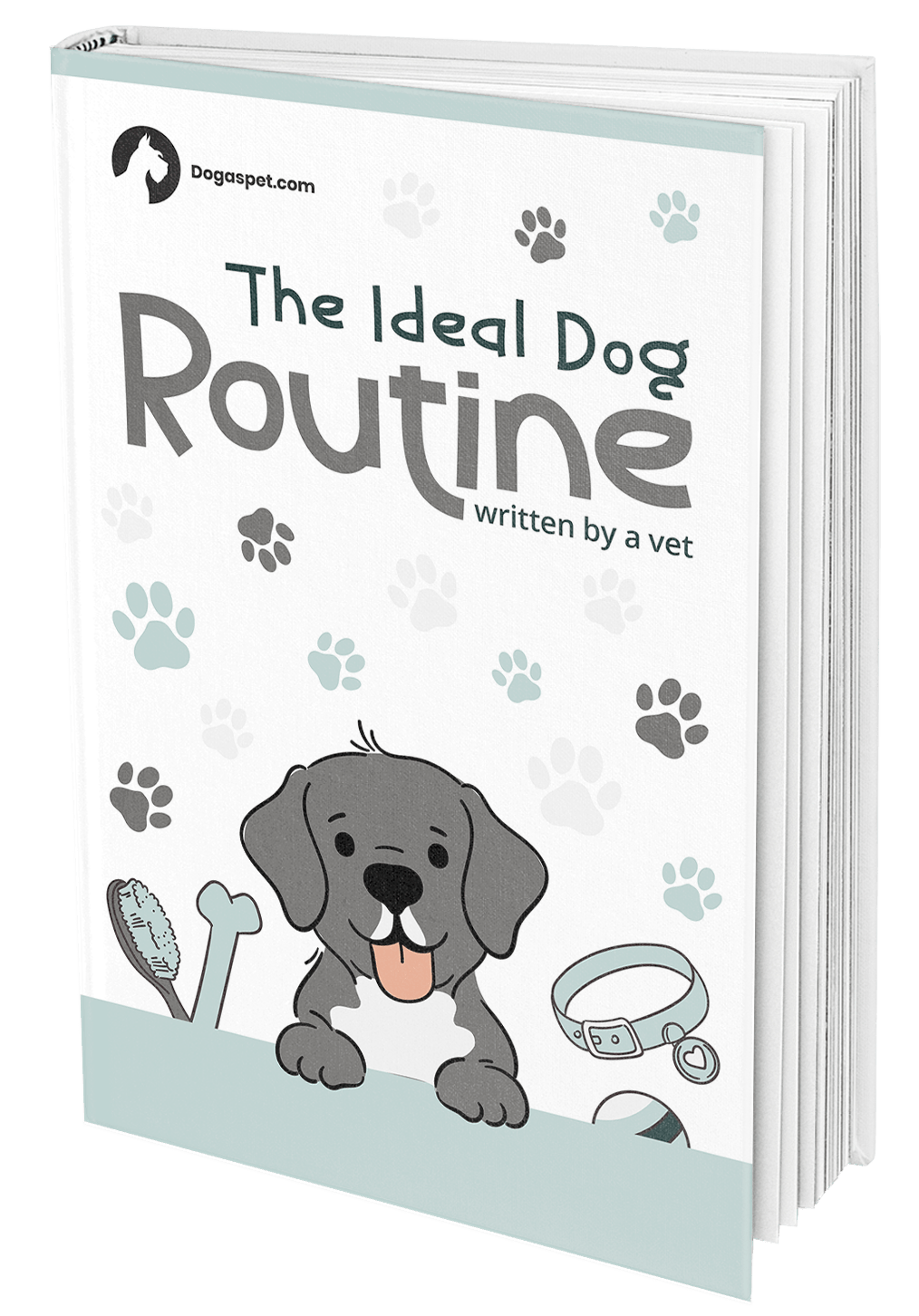
Believe it or not, myrrh has been used as a perfume, incense, and medicine throughout history.
It is one of the oldest essential oils which is even mentioned in Biblical texts. It has rich and sweet scents and it is becoming very popular in human medicine.
But is myrrh essential oil safe for your dog? Can your dog safely use it?
We’ve done very detailed research about this essential oil.
Let’s dig deeper!
Can You Use Myrrh Essential Oil on Dogs?
Like any other essential oil, its concentrated form is not appropriate for dogs. But diluted versions are completely safe. Myrrh has anti-inflammatory and antiseptic properties which can soothe irritation and reduce inflammation.
Myrrh essential oil can be used for aromatherapy purposes:
- Remove tension
- Elevate mood
- Calm anxiety
On the other side, myrrh has analgesic compounds, so it can help during teething and periodontal diseases.
However, it is important to mention that myrrh essential oil is not the best option for ingestion. In large doses, it can significantly negatively affect many organs.

3 Main Ways of Applying Myrrh Oil to Dogs
There are many ways of applying myrrh oil to dogs, but we will mention the most used.
Myrrh’s first way of applying can be inhalation. It is important to make larger dilutions for smaller dogs. For example, 1 drop of myrrh essential oil can be mixed with 20 drops of carrier oil. For medium and larger dogs, 1 drop of myrrh should be mixed with 10 drops of carrier oil.
The second way of applying myrrh is topical application. This application also requires carrier oil. Before you apply it to your dog, make sure you try it on your skin first.
The third way of applying myrrh is for teething pain. One study shows that a combination of frankincense and myrrh can relieve even neuropathic pain in mice.
For diluting, always choose pet-friendly carrier oils and remember to apply only a small amount with cotton buds.
Is Myrrh Safe to Diffuse Around Dogs?
Yes, myrrh is safe to diffuse around dogs. However, it is not the most popular choice among vets and pet parents. As long as you follow the instructions from a holistic vet, your pet will be safe.
First things first, we recommend diluting the essential oil before diffusing. Also, double-check the quality of the essential oil before buying and applying. After you diffuse the essential oil, be extra careful. Dogs show side effects during the first minutes after exposure.
It is always a great idea to keep the windows and doors open so your pet won’t stay exposed to the same concentration the whole time.

What Are the Benefits of Myrrh Essential Oil for Dogs?
This reddish-brown dried sap from a thorny tree has tons of benefits for both humans and dogs. Scientists found that this plant can be used against various diseases.
Myrrh has many benefits, and some of the most important include:
- Antibacterial property
- Oral health support
- Skin health
- Pain relieve
- Parasite protection
- Antioxidant property

Antibacterial property
One study found out that at a low dilution of around 0.1%, myrrh can be effective against Lyme disease bacteria. It is interesting that myrrh can destroy bacteria that weren’t destroyed during antibiotic treatment.
Also, animal research shows that myrrh can stimulate the immune system to produce more blood cells that affect animals well during inflammatory processes.

Oral Health Support
Natural toothpaste contains myrrh oil, which is approved by the FDA. However, this is not the case for all pet toothpastes on the market.
We have one extra tip for you. If your pet has stitches in the mouth, don’t apply myrrh in any form. Its stitches can easily degrade if exposed to myrrh.

Skin Health
A combination of myrrh essential oil and other oils can help in wound healing in humans.
However, if you ever use myrrh for topical application in dogs, make sure to perform a patch test. Apply a diluted amount of myrrh on a cotton pad and use it on a small skin area. After you apply, wait for a while and see if your pet shows some side effects.

Pain Relief
The properties of myrrh are much better than just pain relieving. Myrrh can also block the inflammatory chemical production that leads to swelling and pain.
Usually, pet parents use this essential oil for teething pain in puppies, however, remember to consult with your vet before applying.

Parasite Protection
Parasitic infections are all around us and our pets. Therefore, pets need proper protection, especially during spring and summer time.
Giardia is a very common intestinal disease in dogs. One study on rats showed a 100% reduction of Giardia after mirazid (myrrh) application.
Myrrh is a great choice, especially when prescribed drugs don’t work.

Antioxidant Property
It is known that myrrh is a more powerful antioxidant than vitamin E at fighting free radicals.
Also, myrrh oil can protect the liver from oxidative damage.
How Much Myrrh Essential Oil Is Safe for Dogs?
The determination of the safe dose of myrrh oil depends on the following:
How to determina Myrrh dosage
- Size
- Weight
- Age
- Current health condition
Our best advice is to consult with your veterinarian or holistic vet and make sure to apply the correct dose to your pet. Also, remember that this product should be used only diluted with appropriate carrier oil that is pet-friendly.

Are There Any Side Effects of Myrrh Essential Oil in Dogs?
Like any other product, this one also has some potential side effects. The side effects significantly depend on the dose. Usually, improper dosage can lead to side effects.
This herb is considered safe for dogs, but let’s take a look at the potential side effects.
Side effects of myrrh essential oil in dogs can be seen when:
- Used during pregnancy
- Combined with blood thinning drugs
- Having heart issues
- Having diabetes
Applying too much myrrh oil can lead to the most common gastrointestinal issues. This includes vomiting, diarrhea, drooling, and lethargy. Also, remember that there is always a possibility for allergic reactions in dogs after consuming new essential oils.
Tips to Minimize Side Effects
- Always consult with a professional before applying myrrh essential oil.
- Always use a carrier pet-friendly essential oil for diluting.
- Always perform the patch test
- Observe after applying myrrh
If you notice unusual behavior or symptoms, immediately take your dog to the vet.
Are There Any Other Safe Essential Oils for Dogs?
Yes, there are a few safe essential oils for dogs. We will mention the most similar essential oils to myrrh. Let’s take a look:
list of dog-safe essential oils for diffusers:

Conclusion
Ginger essential oil can be used as a natural avenue to enhance the well-being of our canine companions. It can be used either topically or administered through diffusion to address various issues, but responsible use and cautious consideration are key.
Ginger is anti-inflammatory, digestive, and soothing. Research in the use of essential oils on our fur babies is still ongoing, and as we continue exploring holistic options, ginger essential oil is one of the safer and more effective EOs to add to the toolkit of natural remedies.

